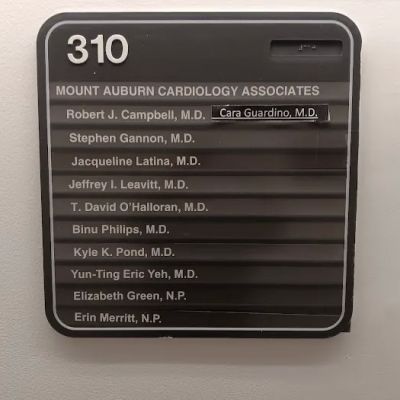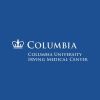- 1-What-is-Congestive-Heart-Failure
- 2-Common-Symptoms-of-Congestive-Heart-Failure
- 3-How-Symptoms-Develop-and-Progress
- 4-Symptoms-Specific-to-Left-and-Right-Sided-Heart-Failure
- 5-When-to-Seek-Medical-Attention
- 6-Managing-Symptoms-and-Improving-Quality-of-Life
1. What is Congestive Heart Failure
Congestive heart failure (CHF) is a chronic condition where the heart is unable to pump blood efficiently to meet the body's needs. This leads to fluid buildup, or congestion, in the lungs and other tissues. Understanding CHF is crucial for recognizing its symptoms early and managing the disease effectively. It can result from various underlying causes such as coronary artery disease, high blood pressure, or heart valve disorders.
Awareness of this condition helps patients and caregivers identify warning signs and seek timely intervention to prevent complications.

2. Common Symptoms of Congestive Heart Failure
The symptoms of congestive heart failure often develop gradually and can vary between individuals. Common signs include shortness of breath during physical activity or while lying down, persistent coughing or wheezing, and swelling in the legs, ankles, or abdomen due to fluid retention.
Fatigue, weakness, and difficulty concentrating are also frequent symptoms as the heart struggles to supply enough oxygen-rich blood. Some patients report rapid or irregular heartbeats and sudden weight gain from fluid buildup.
Recognizing these symptoms early can significantly improve outcomes through timely treatment.
Atlanta Heart Specialists
atlanta heart specialists
4375 Johns Creek Pkwy #350, Suwanee, GA 30024, USA

3. How Symptoms Develop and Progress
Symptoms of CHF usually begin subtly, often mistaken for aging or other conditions. As heart function declines, fluid accumulation worsens, leading to more pronounced symptoms. Initially, shortness of breath might only occur during exertion but can progress to affect daily activities and even rest.
Swelling can spread from the feet and ankles to the abdomen and lungs, causing discomfort and respiratory issues. Understanding the progressive nature of symptoms helps patients monitor their condition and communicate changes to healthcare providers promptly.
4. Symptoms Specific to Left and Right-Sided Heart Failure
Congestive heart failure can affect the left side, right side, or both sides of the heart, each with distinct symptoms. Left-sided heart failure primarily causes pulmonary congestion, resulting in shortness of breath, coughing, and difficulty breathing when lying flat.
Right-sided heart failure leads to systemic congestion, causing swelling in the legs, abdomen, and liver enlargement. Patients might also experience nausea or loss of appetite due to abdominal pressure.
Many patients experience symptoms of both, complicating diagnosis but providing important clues to physicians managing their care.
5. When to Seek Medical Attention
Prompt medical attention is essential if symptoms such as severe shortness of breath, chest pain, confusion, or sudden swelling occur. Worsening fatigue, rapid weight gain, or persistent coughing with frothy sputum also warrant urgent evaluation.
Early intervention can prevent hospitalization and improve quality of life. Patients with known heart conditions should report new or worsening symptoms immediately to their healthcare providers.
6. Managing Symptoms and Improving Quality of Life
Effective management of congestive heart failure symptoms includes medication adherence, lifestyle changes, and regular monitoring. Diuretics help reduce fluid buildup, while ACE inhibitors and beta-blockers improve heart function. Dietary adjustments such as sodium restriction and fluid management also play key roles.
Physical activity tailored to individual ability, smoking cessation, and stress reduction enhance overall health and symptom control. Support groups and education empower patients to manage their condition proactively.
For comprehensive resources, support, and expert advice on congestive heart failure symptoms and management, HeartCare Hub offers trusted guidance and service recommendations.
Recognizing the symptoms of congestive heart failure early and understanding their progression is vital for timely treatment and better outcomes. With informed care and lifestyle adjustments, patients can manage symptoms effectively and maintain a good quality of life.





















Deborah Heart and Lung Center
deborah heart and lung center
200 Trenton Rd, Browns Mills, NJ 08015, USA